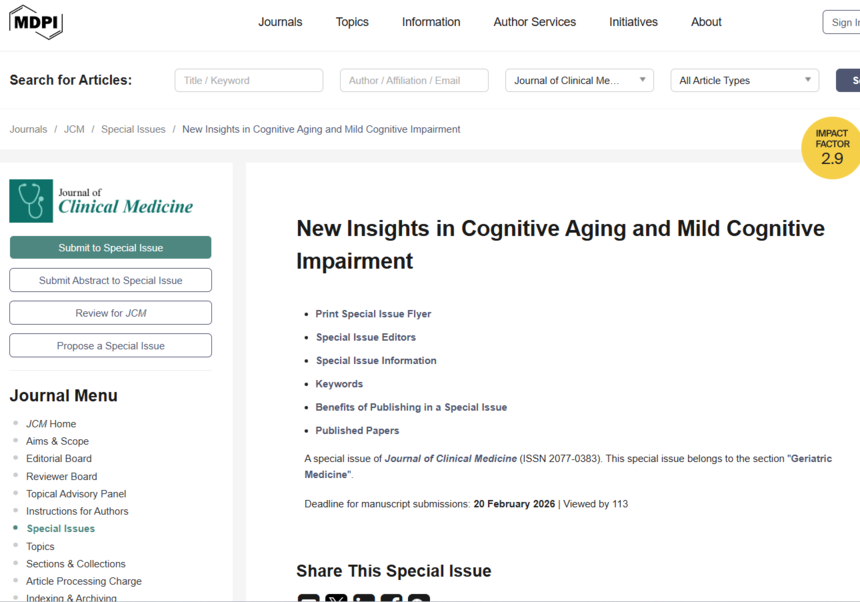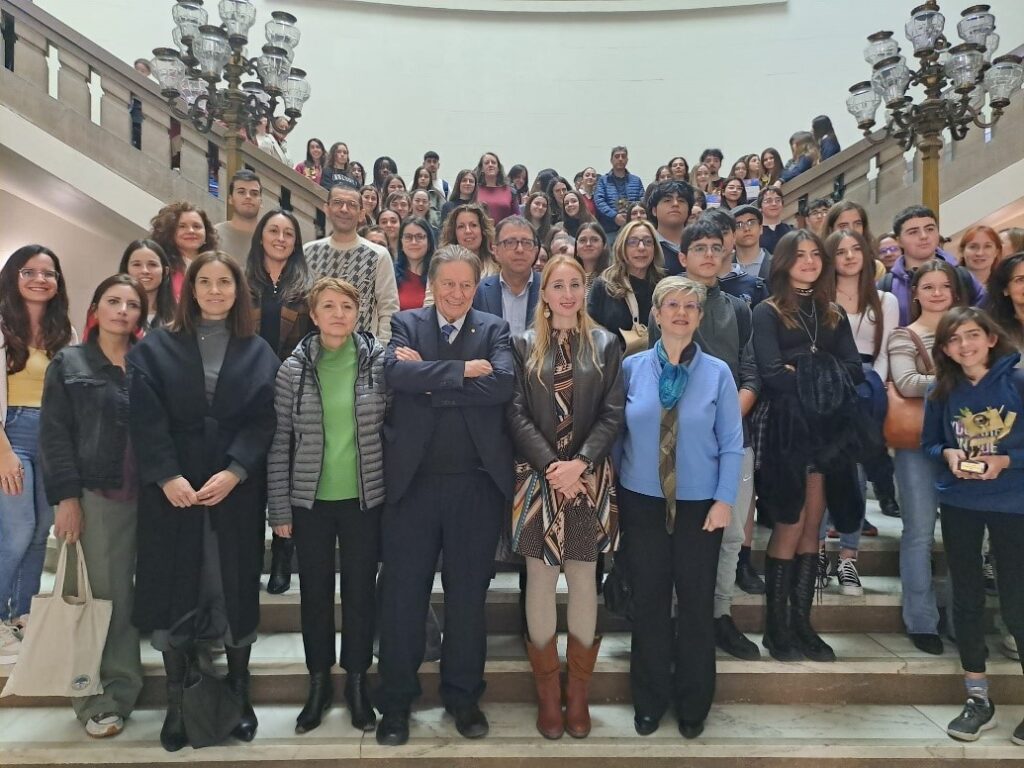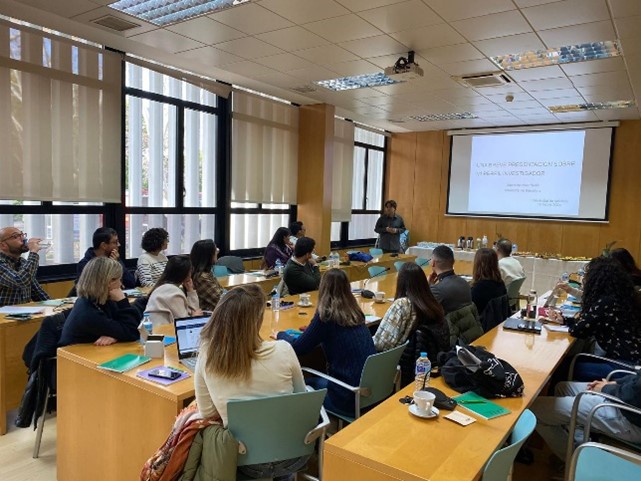Aging and quality of life
Bio-psycho-social variables aimed at improving quality of life throughout the life cycle. José Manuel Tomás’ leads this research line in which his professional trajectory is widely known. Together with Amparo Oliver, he has co-led competitive projects in the field under the call for proposals Retos de Ministerio de Ciencia e Innovación (Challenges by Ministry of Science and Innovation). He is currently the Director of the Master’s Degree in Social and Health Care in Dependency at the Universitat de València together with Laura Badenes. The scientific and technical objectives of this line focus on identifying the main variables impacting the quality of life of the elderly, as well as how these variables are related and how we can act on them in accordance with the theoretical reference models from different cultures. We conduct research with older people successfully living independently (including active and healthy older people attending educational programmes for older adults), as well as older people living communally or those living in residencies for the elderly. The team’s national and international research in this area has been featured in major journals and includes collaborations with researchers from our own university, as well as with other universities, such as UNCC Charlotte in the US, the Universidad Privada del Norte in Lima, Peru and the University of Costa Rica.
Comprehensive palliative care and the humanisation of care
This line of research that addresses end-of-life care started with the participation of Enric Benito and Pilar Barreto in agreements between the UV and SECPAL (Spanish Society of Palliative Care), which aimed to design a measure of spirituality in patients that was clinically, psychometrically and culturally relevant in order to gauge resources for coping with end-of-life symptoms that go beyond the physical scope. After a decade of fruitful collaboration, the research in this area (EPIONE study) has progressed toward intervention (KIBO protocol). Furthermore, the research has been extended to other relevant topics such as dignity or demoralisation syndrome in patients, always with an emphasis on methodology, the proposal at hand and the validation of new measurement tools.
Quality of life interventions are designed and studied for their efficacy in patients and their environment, as well as professionals. In the case of professionals, research is not limited to those who work in the health field, be it palliative care, intensive care or home care. Rather, it encompasses all professional activity with high emotional demand, such as caretakers for people with functional diversity or children with developmental disorders, as well as members of the police force. There are several interventions based on Positive Psychology that have been proven effective in reducing stress in professionals with a high emotional demand. In ARMAQoL we research the use of different mechanisms and formats of these interventions in an attempt to increase their appeal and reduce abandonment rates, with a focus on methodology and collaborations with clinical experts from the UV. The multicentre YASO study, in collaboration with the UIB (Noemí Sansó, member of the team) was our first incursion into the inner curriculum of palliative care professionals. Nowadays, this research, with a strong theoretical basis, has been consolidated as a diagnostic approach in health systems in numerous countries and in different languages.
Currently, in this line, we are developing the project ‘Longitudinal study of compassion’ and other determinants of professional quality of life: An investigation of palliative care professionals on a national level (CompPal), financed by the State Research Agency - 2018 Calls, R+D+I Projects Research Challenges.
Predictive and explanatory models in quality of life
Statistical models, usually of structural equations, that explain the interrelationship between key variables to understand the impact of each variable and predict one or more issues of interest with minimal error. Multi-sample models, multilevel models, multi-trait/multimethod models and longitudinal models or models with latent growth curve trajectories. These models test invariance in its different phases of expression, they also allow us to approach AFC, path models, covariance structure models, hybrid EFA models, MIMIC models... in other words, they provide us with a great versatility to capture and model the complex reality of explaining citizen quality of life. Mainly researchers from the area of Methodology of Knowledge Sciences participate in this line.
Innovation and educational quality
Commitment, entrepreneurship and employability of graduates with functional diversity. In this research line, among other subjects, research is conducted on entrepreneurship through three docoral theses, two of which have received grants from pre-doctoral training programmes from the Spanish Ministry of Education and the Valencian Department of Education of the Valencian Government (GVA). We also collaborate with EVAP (Association of Businesswomen and Professionals of València) on this subject with the team of Professor Lorenzo Revuelto from the Research Group on Human Resources Strategy, Knowledge Management and Innovative and Entrepreneurial Behaviour - RRHHCIRO (UV).
Collaborations with the Research group on Social Studies, Intervention and Innovation - GESinn (UV), directed by Professor Jose Javier Navarro-Pérez are an important part of this line of research. This involves methodological support in the design, development and evaluation of protocols for diagnosis and/or intervention in highly vulnerable environments. Whether in contexts of gender-based violence or child maltreatment.
Systematic reviews and meta-analyses
A systematic review is an objective examination of a clearly formulated question, the answer to which requires an integration of the empirical studies that have been conducted on the questions. Its aim is to systematically and objectively summarise the evidence from empirical studies on a particular question. Therefore, systematic reviews are secondary studies that synthesise the available scientific information using rigorous and explicit methods that save time for health and social care professionals and provide them with an overview of what the scientific evidence suggests about studies that promote quality of life. Professor Laura Badanes leads this research line.





.jpg)





